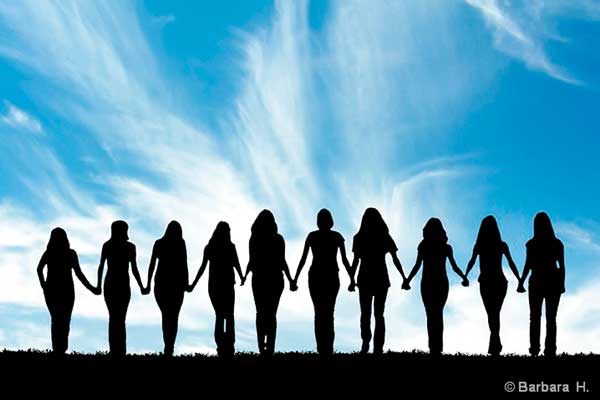Reply To:
Name - Reply Comment

Every year, the United Nations World Food Programme (WFP) provides more than eleven million schoolgirls with food to help keep them in education, and around three million vulnerable women with special nutritional support. This year, on International Women’s Day (March 8), WFP celebrated how empowering women could boost global efforts to end hunger.
“Giving women the power to make choices over their lives is one of the first steps towards a world with zero hunger,” said WFP Executive Director Ertharin Cousin. “In every country where WFP works, women are front and centre in programmes to tackle the problems of food insecurity and under-nutrition. We work with women farmers, traders, nutrition workers, school cooks and we serve millions of schoolgirls, pregnant women and nursing mothers.”
.jpg)
.jpg)
This year’s United Nations theme for International Women’s Day stresses that “Equality for women is progress for all.” One example of a WFP programme that focuses on women’s advancement is Purchase for Progress, or P4P, an initiative that helps smallholder farmers, particularly women, become competitive players in the marketplace by producing food for sale and use in WFP programmes.
In Sri Lanka, WFP helps address women’s empowerment through various activities; school feeding, food assistance for vulnerable female-headed households, food-for-assets programmes that boost resilience and mother-and-child health and nutrition programmes, using cash, vouchers or food. In providing assistance WFP targets women IDPs, returnees and those from newly-resettled families in the former conflict-affected Northern Province. Additionally, WFP supports smallholder farmers by buying locally and by helping them gain access to markets.
.jpg) In Sri Lanka, WFP helps address women’s empowerment through various activities; school feeding, food assistance for vulnerable female-headed households, food-for-assets and other programmes
In Sri Lanka, WFP helps address women’s empowerment through various activities; school feeding, food assistance for vulnerable female-headed households, food-for-assets and other programmes